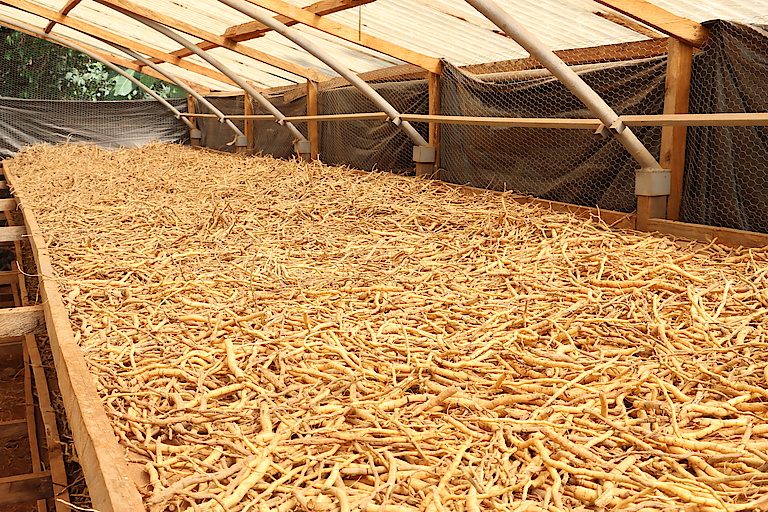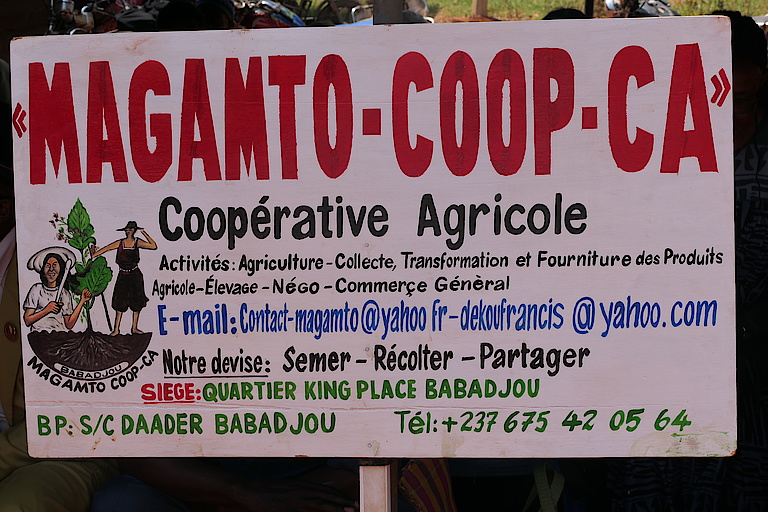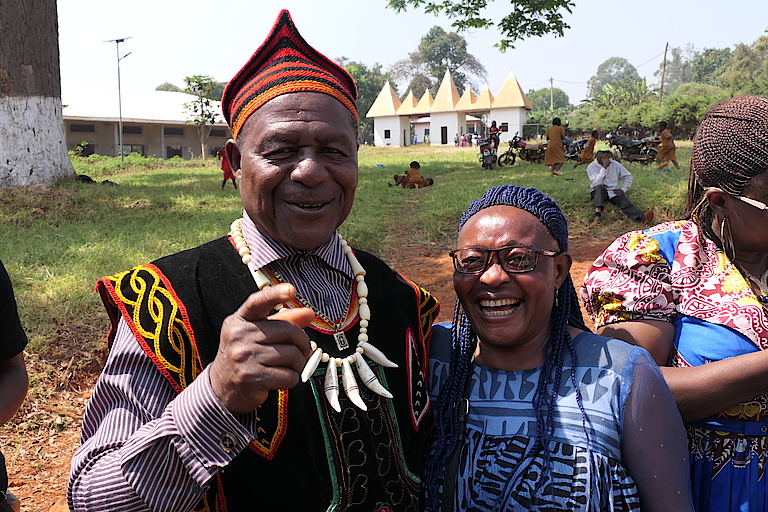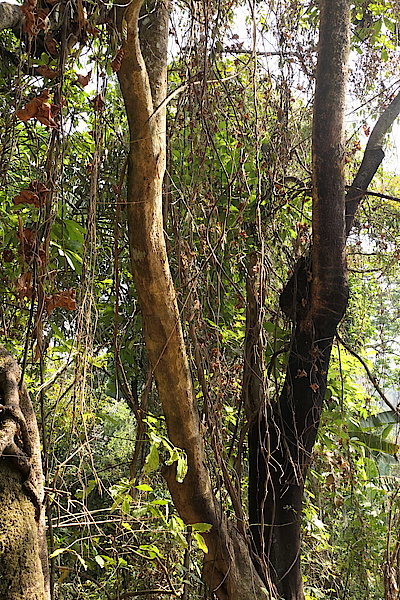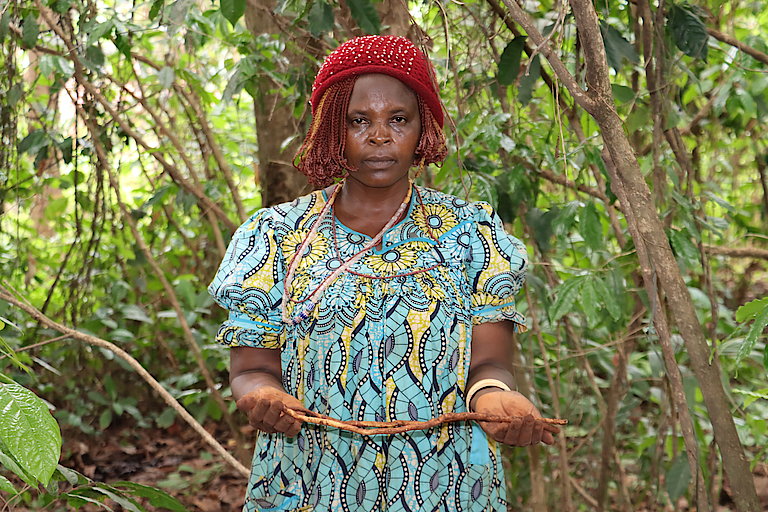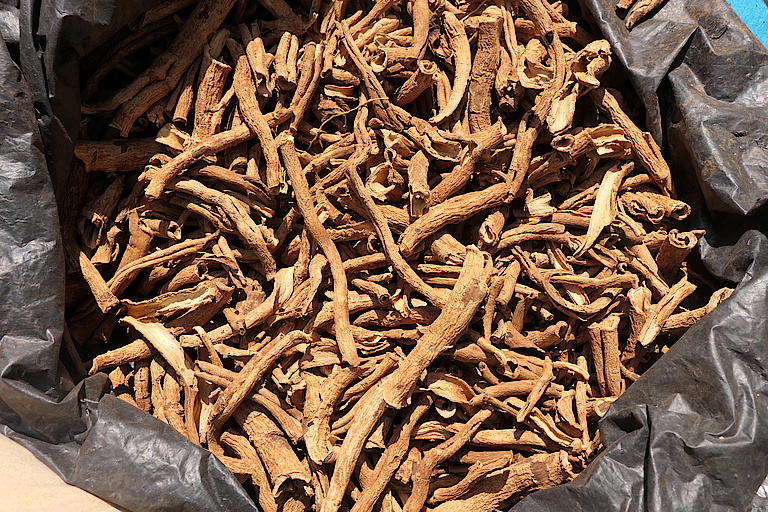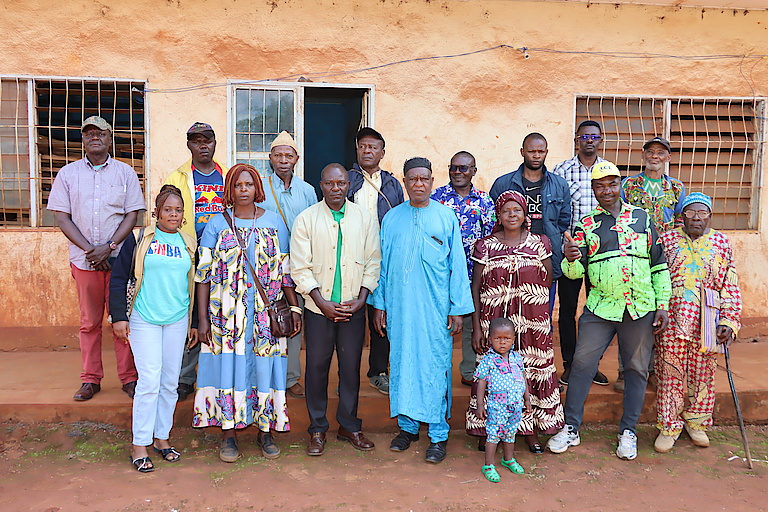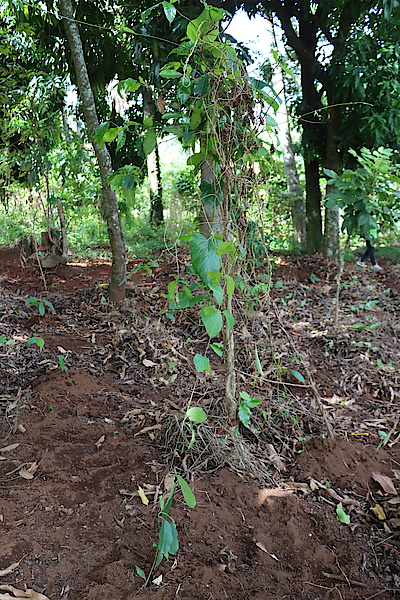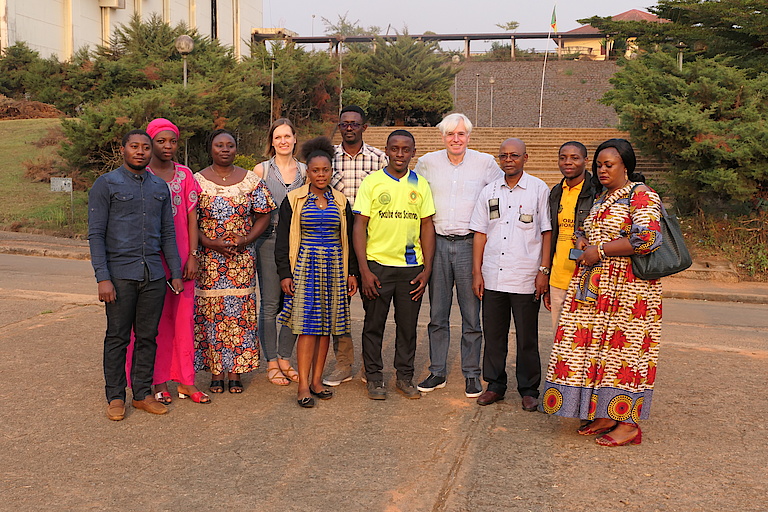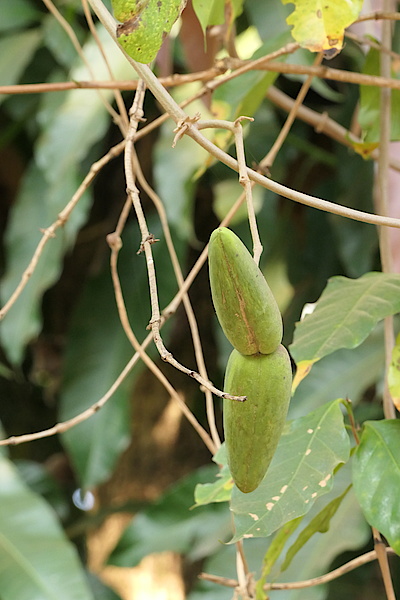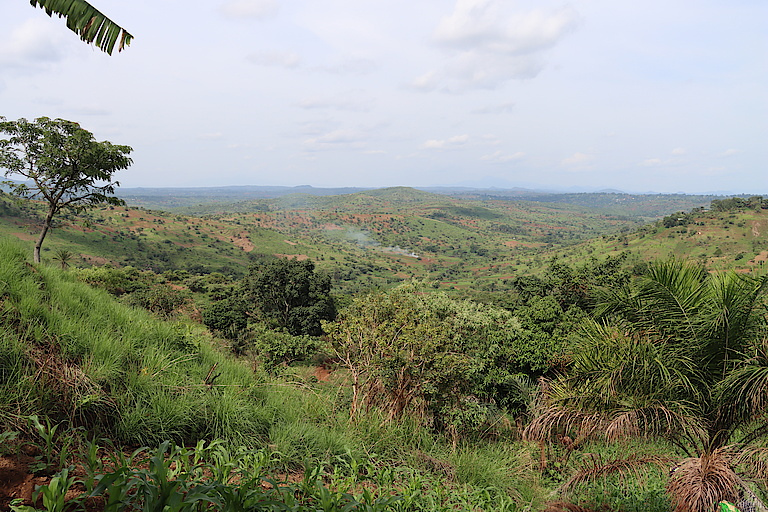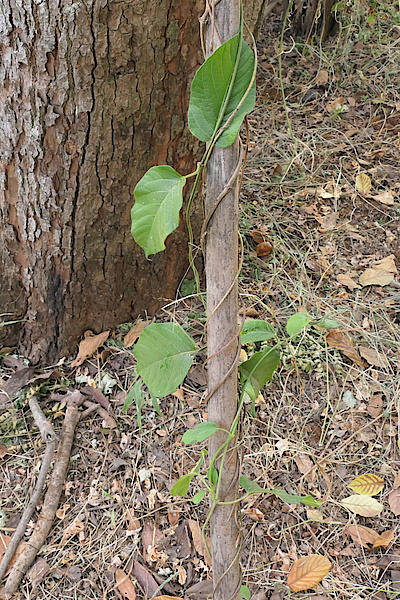Support offered by BioInnovation Africa
The BioInnovation Africa project supports Europe and Africa companies in reaching ABS compliance by facilitating exchanges with the national authorities in charge of ABS. Users and providers of genetic resources are offered individual guidance on ABS processes and regulations. The project's support also comprises the facilitation of negotiations to reach an agreement between the different parties of an ABS contract.
Support offered by ABioSA
ABioSA supported and mentored 9 South African small and medium-sized enterprises (SMEs) on ABS compliance and in the process of ABS permit applications including the following species:
Buchu, Marula, Cyclopia, Lippia Javanica, Ximenia, Rooibos, Baobab, Cape Chamomile, Devil’s Claw, Rose Geranium, Artemesia Afra, Kalahari Melon, Rosehip
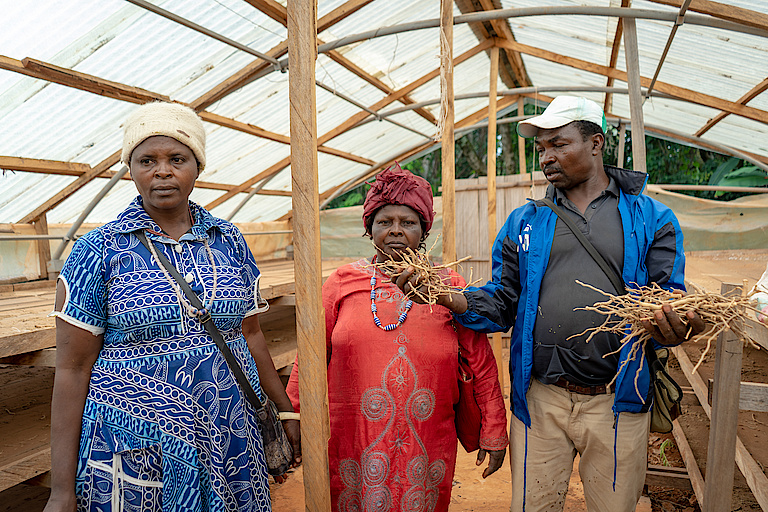
Partnership example
V. Mane Fils (VMF), a family-owned company and a global leader in the flavours and fragrances industry, has been working to build value chains in Cameroon since 2012. The company is committed to creating business partnerships that have a positive impact on Cameroonian communities and the natural environment. VMF furthermore serves as an inspiring role model for its engagement with the Cameroonian government to achieve ABS compliance in their supply chains.
From the outset, VMF has collaborated with GIZ projects in Cameroon, benefiting from the GIZ’s experience and close cooperation with relevant ministry structures. The partnership between VMF and the BioInnovation Africa (BIA) project began in 2020 and resulted in a joint project aimed at establishing a sustainable and compliant value chain in the West Region of Cameroon, specifically on the liana Mondia whitei. The village of Babadjou, known nationally for its abundant and high-quality Mondia whitei, was chosen by VMF as the location to set up the supply chain. Mondia whitei (or African ginger) is a climbing shrub and medicinal plant, which is used as a spice for soups, as an aphrodisiac, as a cure for diabetes and digestive problems, and as appetite stimulant.
To conduct research and use resources from Cameroon, national law requires companies to establish Mutually Agreed Terms (MAT) with the local communities that supplies the resource. A MAT is a contract that details access terms, including price and quantity, along with community benefit sharing and resource conservation aspects.
The first phase of this partnership project focused on supporting the National Competent Authority on ABS, based in the Ministry of Environment, Nature Protection and Sustainable Development (MINEPDED), to conduct the revision of the applications and prepare the negotiations that would lead to such an agreement (MAT). This included raising community awareness of ABS, training village representatives to negotiate, and ensuring that community needs were reflected in the final agreement. Due to the restrictions of Covid-19, it took several months to prepare the community, but finally the parties successfully negotiated the contract terms in July 2022.
While ensuring ABS compliance, the partners also worked to establish a supply chain for Mondia whitei, starting with the creation of a cooperative called MAGAMTO that collects and processes the plant. Magamto, by the way, is the local name for the Mondia whitei plant with its yellow to reddish-purple flowers. The project trained the cooperative early on in sustainable collection methods to harvest the roots of the plants and in drying based on VMF’s standards. Cooperation with the University of Dschang ensures that scientists and cooperative members work together to determine the best collection and propagation practices. In addition, a local civil society organisation, the Community Association for Sustainable Development (CASuDev) provided continuous hands-on support for organisational development and cultivation practices.
In 2023, VMF and BIA, together with all the local project partners, entered the second phase of the project, which focuses on supporting the community and cooperative to implement the negotiated benefits and fulfil the obligations outlined in the MAT agreement. The project will continue to combine the traditional knowledge of the Babadjou community with scientific research to ensure the best results for the cultivation and sustainable harvesting of Mondia whitei.
The commercialisation of this resource, still mainly used in small quantities as a spice, represents a great opportunity for all members of the Babadjou community. Their commitment to the project reflects their hope that this plant from their village will soon become globally sought-after for its flavour and fragrance.
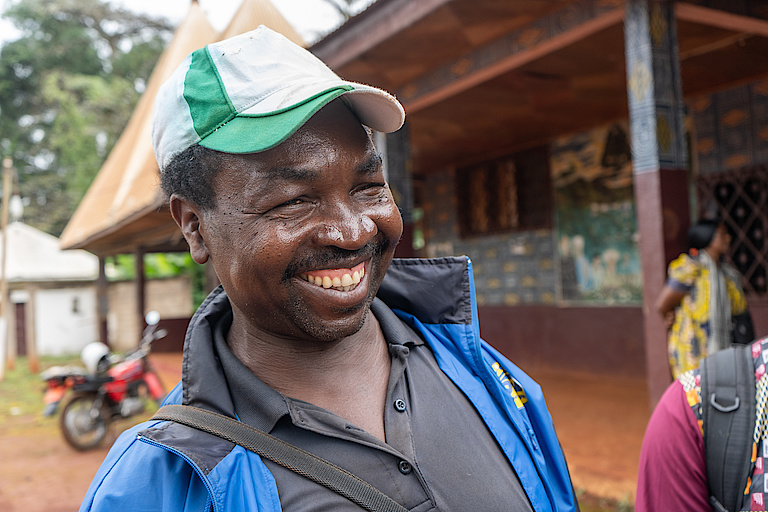
« Our partnership on the development of Magamto (Mondia whitei) value chain brings income to the collectors and at the same time preserve the water catchment of the Babadjou community. »
Francis Dekou - President of the MAGAMTO cooperative

